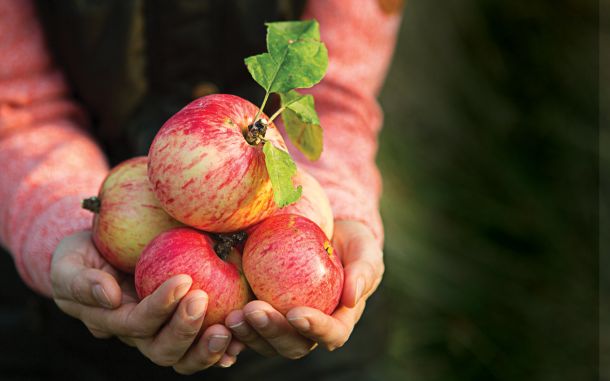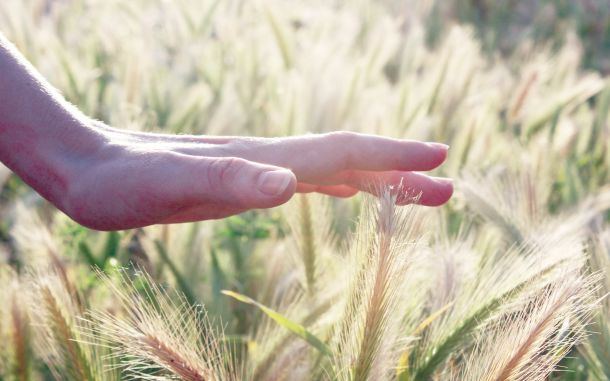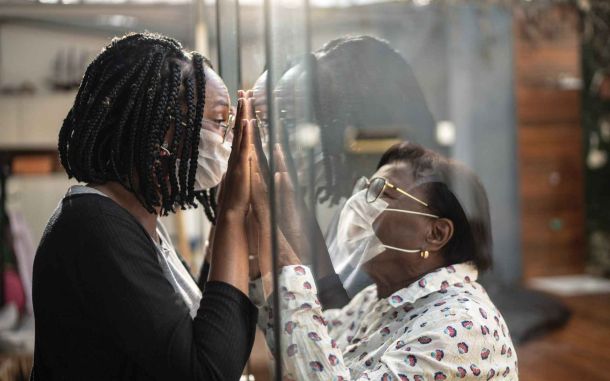Editorial (Issue 145)

Love in our times is associated more than anything else with romance, which usually lasts not that long. Yet true love is way beyond temporary feelings of excitement between two individuals – it is a key for us humans to be “inheritors of the world” if we can adopt it as a foundation of our morality. When combined with Divine knowledge, Fethullah Gülen writes in the lead article, this morality of love enables us to introduce a civilization and a renaissance that enlightened the world. The morality of love means to recognize the human being in their noble status of “the most perfect creation,” not reduce them to the level of any animal, and to uphold their inviolable rights and liberties. “Given the circumstances today,” Gülen warns, “we need to revisit what we consider ‘human values.’”
From a scientific perspective, Brian Turks weighs the value of human being by looking into the heart, the center of “love.” Beating about 3 billion times in a person’s lifetime, the heart tirelessly fulfills its duty with many precise mechanisms occurring during each and every beat. Like a pump our heart is electrically powered, but without a need to be plugged into an outlet. It has a generator that sends out the electric pulse which is controlled by a braking system to allow all the blood to be pumped, so our body does not starve!
In a similar vein, F. Nurcihan Can focuses on the human nervous system, and tells us how she marveled at the magnificence of its functioning. During the Covid lockdowns, she turned the quarantine into an opportunity by taking online neuroscience classes. From the electrical properties of the neuron to the amazing structure of the skull, Can writes in this issue that all of these organs function as if they have mastered in physics, mathematics, and chemistry. Since this cannot be possible, Can notes, the only explanation left is that they are obedient servants of the One Who is the Preserver, the All-Merciful, the Protector, and the Fashioner.
One important dimension of “love” is balance. Going to extremes is not helpful in anything, including love, as explained in the Q&A in this issue. The story of Abel and Cain reminds us of the human condition that we may love some people while feeling anger for others. Yet, circumstances might just change to place us enemies with our own siblings, or friends with those who were once enemies. So as not to feel regret for how we behaved before, we are recommended to keep in mind what tomorrow may bring to our doorstep. The way Abel responded to his brother is also emphasized as the best form of response, for responding to evil with evil is not the best human character and does not help to establish a peaceful society.









